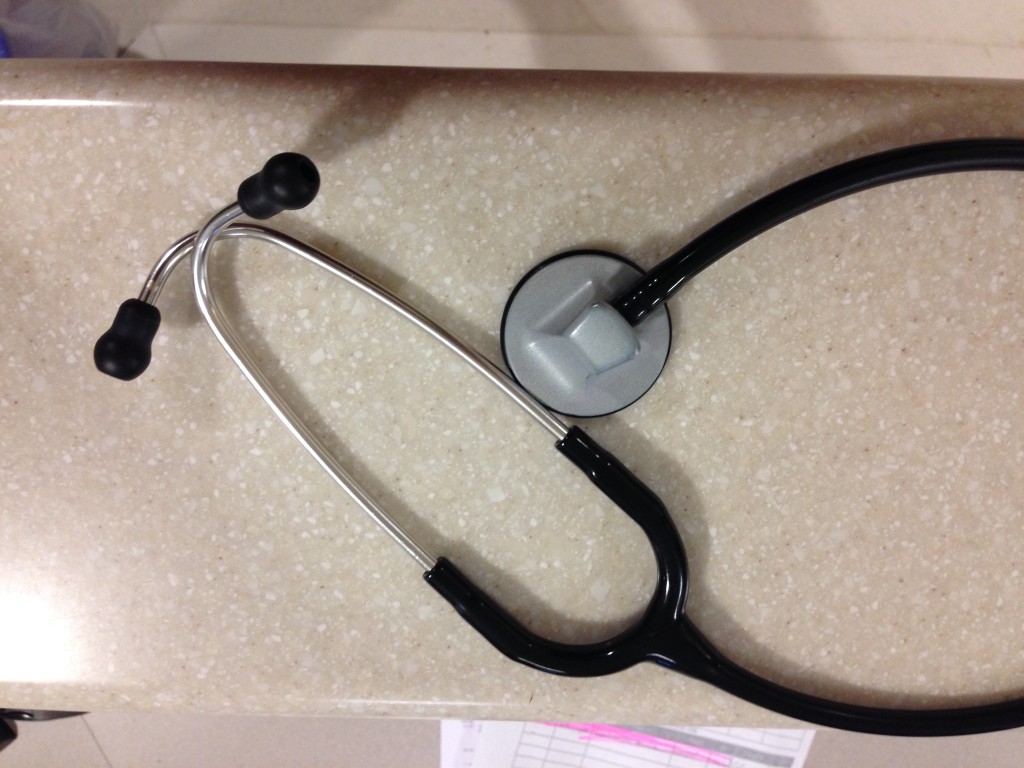Talking with your teen about sex improves his or her health. Obviously, knowledge about sex, reproduction, contraception, and sexually-transmitted infections goes a long way to preventing STIs and unplanned pregnancies. That information can come from you, from the school’s sex-ed program or health teacher, and from your child’s healthcare provider.
But there are a couple of aspects of talking about sex that fall particularly to parents. One is the ethical/moral/decision-making component, which I address in other posts. The other is increasing kids’ comfort with talking about their bodies, especially to medical professionals.
Here are some things that can help:
Point out that an appointment with a doctor is a chance to talk about sexual health. Your kid may be focused on other topics (like, “will I get a shot?”) or might not be thinking about the doctor at all. But he may have questions he’s been perking and would like to ask while he has the opportunity.
Acknowledge the awkwardness. “I know it’s weird to talk about this stuff, but doctors have seen it all, and they know a lot more than you or I do. The doctor won’t be freaked out by anything you ask. And it might be less weird to ask the doctor than me or mom….” 🙂 Encourage her to ask the doctor questions she might be too embarrassed to ask you.
Help them think through possible questions. Doctors can answer questions about body development, what’s “normal,” sexual feelings, birth control and safer sex, possible problems–anything your kid might be worried about.
Teach self-advocacy. Doctors can help only when they know what’s going on. Encourage your teen to ask the medical professional about what’s on his mind, to ask follow-up questions if he doesn’t understand an answer, and to insist (politely) that the doctor take his concerns seriously. Speaking up for oneself about medical issues is an important skill that teens can start to learn.
Remember that this is another reason to build kids’ comfort in talking about their own bodies. The more parents educate kids about development and sexuality and are open to questions, the more comfortable kids will be talking to doctors about possible problems. As two young people put it:
“I learned from [a period-related] problem…how to be able to talk to the doctor about issues that seem embarrassing to me. [My parents] pushed me to say what was happening in that context. That was an excellent lesson for my current and future self—I have fewer qualms about talking to the doctor about issues related to my reproductive system.”
“They taught me to talk about [sex], which has made it easy for me to talk to others about it: friends, partners, and doctors.”
